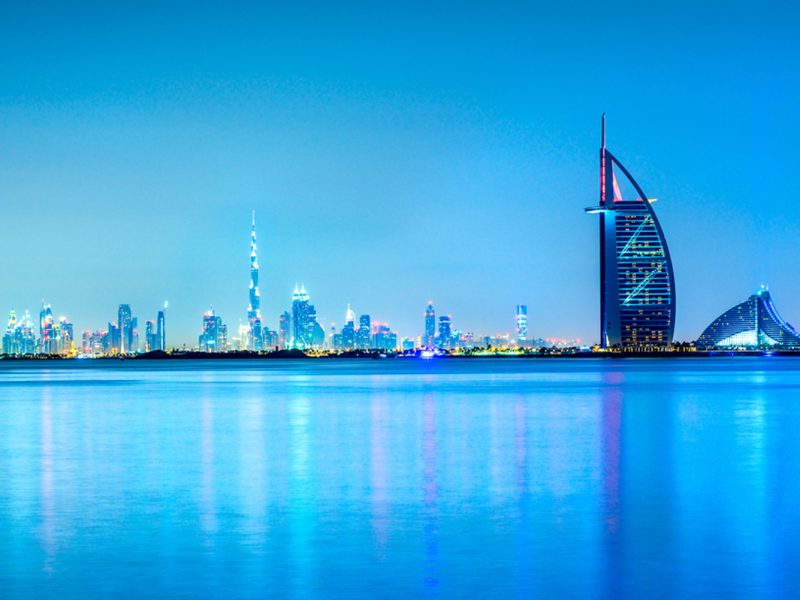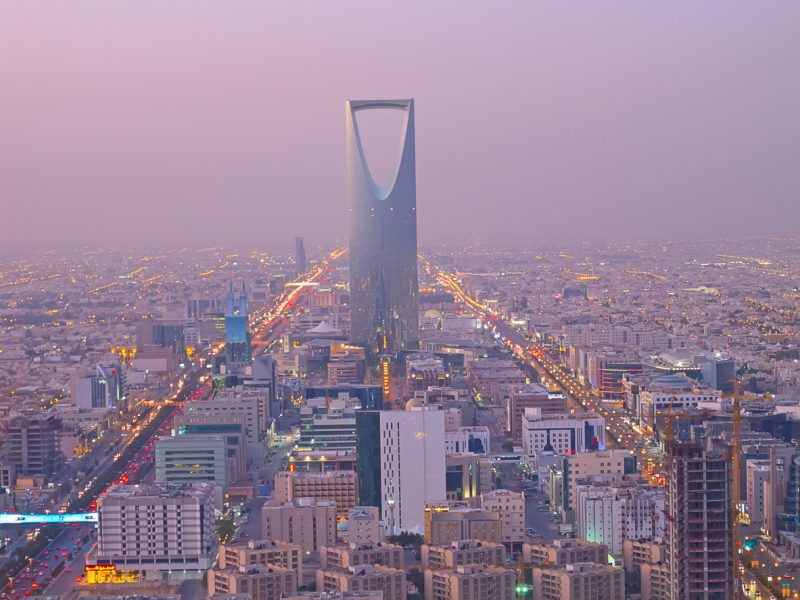The best of all worlds
Understanding the Basics of Expanding Your Business Abroad
Each year, hundreds of entrepreneurial and growing companies consider international expansion as a marketing and growth strategy. When developing a strategic plan to launch an international business program, growing companies and their advisors must always consider the potential barriers and adjustments they might need to make to their product and service offerings. These include the following:
Language Barriers. Although it may seem simple enough at the outset to translate the features of a given product or service into the local language, marketing the product or service may present unforeseen difficulties if the concept itself does not “translate” well. The target country’s standards for humor, accepted puns or jargon, or even subtle gestures may not be the same as your domestic country’s norms or idioms and may need to be adjusted accordingly.
Marketing Barriers. These types of barriers most frequently go to the deepest cultural levels. For example, whereas many overseas markets have developed a taste for “fast food” burgers and hot dogs, differences in culture may dictate that the speed aspect is less important. Many cultures demand the leisure to be able to relax on the premises after eating a meal rather than taking a meal to go. These cultural norms can, in turn, be affected by factors such as the cost and availability of retail space. Direct and subtle messages in advertising campaigns may need to be modified. The appeal of using a particular celebrity in a campaign may vary, and the channels for promotion may also need to be modified to meet the educational patterns and needs of the local consumer. Even marketing methodologies may need to be modified. In certain cultures, such as in the United States, coupons are widely accepted and used by people who are both rich and poor. In other cultures, coupons are not widely used or accepted. In some cultures, even the use of comparative advertising, which is now commonplace in the United States, could be viewed as offensive or destructive.
Legal Barriers. The company or its counsel must research tax laws, customs laws, import restrictions, corporate organization, and agency/liability laws. Domestic legislation needs to be examined as well for issues arising under labor law, immigration law, customs law, tax law, agency law, and other producer/distributor liability provisions.
Access to Raw Materials and Human Resources. Not all countries offer the same levels of access to critical raw materials and skilled labor that may be needed to offer the service or enjoy the product. The growing company may want to consider what changes in the product or service may be feasible to accommodate this resources challenge without sacrificing the core business format.
Governmental and Regulatory Barriers. The foreign government may or may not be receptive to foreign investment or expansion. A given country’s past history of expropriation, government restrictions, and limitations on currency repatriation may all prove to be decisive factors in determining whether the cost of market penetration is worth the benefits to be potentially derived.
Intellectual Property and Quality Control Concerns. Protection of trademarks, trade names, and service marks are vital for the ability of an emerging growth company to operate abroad. The company needs to have a strategy in place for both protecting its intellectual property rights and enforcing them if violations are discovered.
Dispute Resolution. The forum and governing law for the resolution of disputes must be chosen. On an international level, these issues become hotly negotiated due to the inconvenience and expense to the party who must come to the other’s forum.
Use of a Local Liaison. It is critical for the growing company to have a local liaison or representative in each foreign market. This local agent can assist the growing company in understanding cultural differences, interpreting translation problems, understanding local laws/regulations, and in explaining the differences in protocol, etiquette, and custom. It may be advised to offer employment and equity to these foreign nationals so that they have a vested interest in the success of your operations abroad.
featured business destinations
UNITED ARAB EMIRATES

The UAE has diversified its economy away from oil. Non-oil sectors now contribute about 70% of Gross Domestic Product (GDP). It’s the second largest Arab economy after Saudi Arabia and 30th largest globally with the 18th highest GDP per capita (USD 44,200) rate.There are over 5,000 British companies operating in the UAE, including BP, Shell, Rolls Royce, BAE Systems, Mott McDonald, SERCO, Standard Chartered, HSBC and Fortnum and Mason. 779 commercial agencies and 4,762 British brands have invested in the UAE.The majority of the UAE population is made up of expatriates, with around 120,000 UK residents. In 2014 over 13 million people visited the UAE, of which 1 million were from the UK.Incentives for UK businesses exporting to UAE include:diverse economy continually growing and expanding
proximity to other Gulf markets – acts as an entry route to other Gulf Cooperation Council (GCC) countries
important market for re-export into other countries
no taxation on personal income and capital gains
ranked 31st overall in World Bank’s ease of doing business report, but first in the Middle East and North Africa (MENA) region
English is widely spoken and accepted as the language of business
Strengths of the UAE market include:its strategic geographical location – Dubai is regarded as a regional hub and commercial capital for the Middle East, north Africa and beyond
UAE is the UK’s largest export market in the region
large expatriate population
one of the most liberal trade regimes in the Gulf attracting capital from across the region
2. Challenges
The UAE can be a demanding market. However it doesn’t present major challenges to UK companies wanting to develop trade. Competition for business is fierce from the high growth Asian economies as well as the more traditional competitors in Europe and north America.Each Emirate retains control of regulatory powers. This covers commercial activities such as issuing of trade licences and the incorporation of corporate entities, where the activity is not already regulated under federal legislation. The interaction of federal laws, individual emirate laws and free zone laws can be complex and confusing.Other unique challenges include:restrictions on company ownership by non-GCC nationals (a national sponsor must retain 51% ownership)
Arabic will often be the first language and documentation will be in Arabic – although English is recognised as the language of business
3. Growth potential
3.1 Economic growth
Despite global economic downturn, the UAE economy continues to grow and the overall economic outlook is positive. The UAE’s reserves of oil and natural gas both rank in the top 10 largest in the world.Hydrocarbons provide the largest single source of income for Abu Dhabi. Dubai’s hydrocarbon reserves are far more limited which has led to successful efforts to diversify their economy in the region’s business, logistics, media and leisure hub.The UAE has diversified its economy. Non-oil sectors now make up approximately 70% of GDP. This will help to make the country’s revenue sources more balanced and create a sustainable economy that can withstand long-term oil price volatility.The award of EXPO 2020 to Dubai is forecast to boost the economy by USD 23 billion. This will result in opportunities across many sectors particularly in hospitality and construction.
Other positive factors for growth include:
UAE’s well-established infrastructure
strong banking system
stable political system
the number of free trade zones that can allow 100% foreign ownership and a nil taxation regime
ongoing and new developments including Sadiyaat Island in Abu Dhabi, Mohammed Bin Rashid City in Dubai and the Fujairah Master Plan
3.2 Gulf region
The Gulf region has enjoyed continued growth. This has been driven by rising public sector spending, especially on physical and social infrastructure, as well as buoyant private sector activity.
The UAE’s proximity to other Gulf markets acts as an entry route to other GCC countries.
3.3 Free trade agreements
The GCC currently only has a few free trade agreements in place, including those with the Greater Arab Free Trade Area (GAFTA), the European Free Trade Area (EFTA) and Singapore.
Discussions are continuing with several other countries such as India and the European Union (EU).
SAUDI ARABIA

Saudi Arabia has an oil based economy with strong government controls over major economic activities. The Kingdom possesses around 25% of the world’s oil reserves, and plays a leading role in Organization of the Petroleum Exporting Countries (OPEC). The petroleum sector accounts for roughly:80% of budget revenues
45% of GDP
90% of export earnings
Saudi Arabia is ranked at 49th in the World Bank’s Ease of Doing Business rankings.Benefits for UK businesses exporting to Saudi Arabia include:UK’s largest trading partner in the Middle East
growing diversification within Saudi economy
massive government investment in transport, infrastructure, healthcare, education and energy
common use of English in business
Strengths of the Saudi market include:no taxation on personal income
proximity to other Gulf markets
key member of the Gulf Cooperation Council (GCC)
largest economy and population in the Gulf region
2. Challenges
A physical presence is very important when establishing a business in Saudi Arabia.Challenges include:identifying suitable sponsors for initial entry into the market
finding an appropriate Saudi partner for joint ventures
lead time to establish legal entities and obtain licenses from appropriate ministries
You must apply through the relevant government ministries for licenses to do business in Saudi Arabia.Contact the Department for International Trade (DIT) team in Saudi Arabia for advice on the appropriate processes.
Businesses must also employ a certain quota of Saudis to comply with Saudisation rules. Saudisation (Nitaqat) is a Saudi policy which aims to create better employment prospects for Saudi citizens, and rely less on imported foreign labour.You must take a great deal of care when establishing payment terms with private and government entities in Saudi Arabia in order to help ensure you get paid on time. Saudi Arabia is ranked in mid table in the World Bank’s ranking for contract enforcement.
3. Growth potential
3.1 Economic growth
Saudi Arabia has had a period of relatively high growth and economic progress over the past few years. It is predicted to grow by at least 3% for the next couple of years.
With 50% of Saudis under 25 years old the Saudi population is one of the fastest growing in the world. The current population of over 28 million is expected to increase to 29 million by 2020. The large youth population generally lacks the education and technical skills the private sector needs.
Massive investment will be required to meet the needs of this growing population. The Kingdom has substantially increased spending on employer led vocational training and education. This includes opening a number of new women’s colleges and the women only Princess Noura University.
The government is also encouraging foreign companies to invest in vocational and technical training in support of Saudisation.
The government’s budget for the 2015 fiscal year allocated the following to:
25% to education and training
19% to health and social development
7.3% to infrastructure (a reduction of 5% on 2014 but still £11 billion)
The Saudi government is pursuing a strategy of economic diversification and reform to:
grow the private sector and reduce reliance on oil and gas
open up previously restricted industries to foreign investment
increase employment opportunities for Saudis
The government is also focused on getting private and foreign investment in important sectors such as:
petrochemicals
automobile assembly
biotechnology
other knowledge driven industries, particularly those involved in research and development and IT where there is an opportunity for knowledge transfer
3.2 Free trade agreements
Saudi Arabia is the largest free economic market in the Middle East and north Africa (MENA). It is part of the GCC. It has free trade agreements with:
the Greater Arab Free Trade Area (GAFTA)
the European Free Trade Association (EFTA)
Singapore

